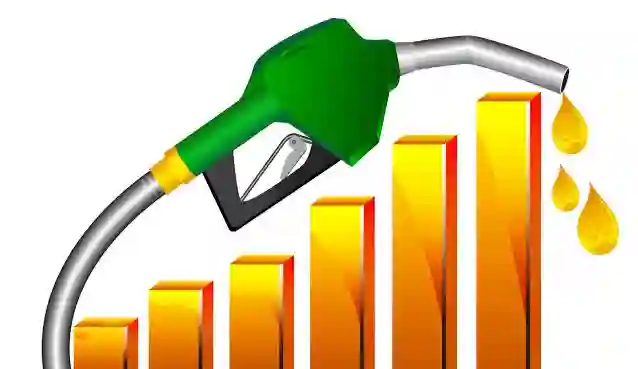
South Africans were hit with yet another fuel price increase this week, marking the third consecutive rise for petrol and the fourth for diesel.
However, early data from the Central Energy Fund (CEF) suggests that the pain for diesel users might not be over yet, with the possibility of another hike on the horizon come November.
The CEF’s daily snapshot for the beginning of October reveals a mixed outlook for fuel prices in South Africa.
While petrol prices indicate a possible cut of around R1.25 per litre in November, diesel prices seem to be on the back foot, showing an under-recovery of 60 to 70 cents per litre.
Diesel consumers have already faced cumulative price hikes of R5.71 since July.
Although it’s still early in the month to make definitive predictions, these initial indications provide a basis for understanding the economic trends in the coming weeks.
Two key factors will significantly impact fuel prices: global oil prices and the exchange rate of the South African rand.
Global oil prices have recently decreased from their highs of around $95 a barrel at the end of September to approximately $85 at present.
Any significant fluctuations in oil prices in the coming weeks will have a direct impact on local fuel prices.
The exchange rate of the South African rand is another crucial determinant of fuel prices.
The rand is currently trading above R19 to the dollar, indicating its overall weakness.
Read | Dramatic CCTV Footage Shows Truck Miss Weighbridge Rails, Flips onto its Side
While there are concerns about the currency’s long-term performance, economists expect relative stability in the near term, at least until the end of the year.
The current exchange rate contributes to an under-recovery of only 6 cents per litre, which is relatively minor compared to the impact of oil prices.
If the rand remains stable throughout the month, it should not significantly affect fuel prices.
Therefore, the focus is primarily on global oil movements when setting expectations for November’s fuel prices.
Bloomberg’s analysis suggests that oil prices have declined due to concerns about a global economic slowdown, which may reduce consumption.
Rising stock supplies and declining demand have contributed to this drop in oil prices.
Bloomberg notes, “After rallying strongly in the third quarter, crude’s upsurge has faltered. While the gains had fueled speculation that a return to $100 oil was on the cards, others remained skeptical, with notable bear Citigroup Inc. making the case that prices were on course to reverse as the market returned to a surplus.”
The decrease in oil prices comes amid rising concerns about elevated interest rates and the global economy, which have unsettled equity and bond markets in recent weeks.
If this trend of declining oil prices is sustained, it could help alleviate inflationary pressures on a global scale.
As South Africans acclimatise to fuel price hike effected on Wednesday, the early signs suggest that diesel prices may continue to rise next month.
Consumers and businesses will be closely monitoring global oil trends and exchange rate fluctuations as they prepare for potential economic challenges in the weeks ahead.





